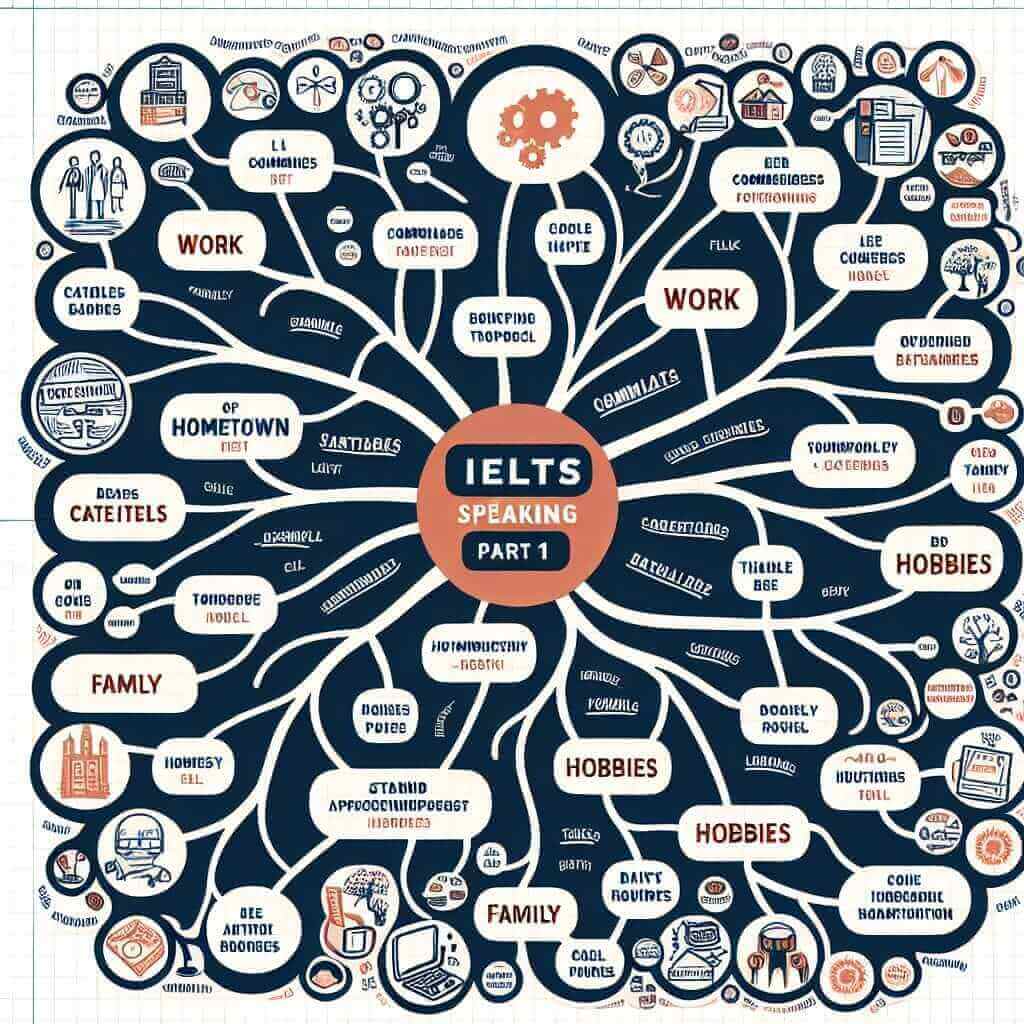Preparing for the IELTS Speaking test? Understanding the format and timing of each part can significantly improve your performance. In this article, we’ll delve into the duration of IELTS Speaking Part 1, provide illustrative examples from real test scenarios, and offer practical tips to help you excel.
What is IELTS Speaking Part 1?
IELTS Speaking Part 1 is an introductory segment where the examiner asks general questions about familiar topics. These questions are designed to make candidates feel comfortable and allow them to speak about themselves on common themes such as work, family, home, hobbies, and interests.
Duration of IELTS Speaking Part 1
The duration of IELTS Speaking Part 1 is typically between 4 to 5 minutes. During this time, the examiner will usually ask around 4 to 6 questions, giving you ample opportunity to showcase your fluency and coherence, lexical resource, grammatical range and accuracy, and pronunciation.
By knowing that Part 1 lasts approximately 4 to 5 minutes, you can strategically manage your time for answering each question without rushing.
Common Topics in IELTS Speaking Part 1
To illustrate the type of questions you might encounter, here are some examples from actual IELTS exams:
-
Work/Studies:
- “What work do you do?”
- “Do you enjoy your job?”
- “What are you studying?”
-
Hometown:
- “Can you describe your hometown?”
- “What do you like about your hometown?”
- “How has your hometown changed over the years?”
-
Family:
- “How many people are there in your immediate family?”
- “Do you spend much time with your family?”
- “What activities do you like to do with your family?”
-
Hobbies and Interests:
- “What are your favorite hobbies?”
- “How often do you engage in your hobbies?”
- “Do you think it’s important to have hobbies?”
-
Daily Routine:
- “What is a typical day for you?”
- “Do you ever change your routine?”
- “How do you manage your time during the day?”

How to Utilize Part 1 in the IELTS Speaking Test
1. Showcase Your Fluency
In Part 1, it’s essential to demonstrate your ability to speak fluently and coherently. For instance, if you’re asked about your hobbies:
Example:
“I enjoy a variety of hobbies, but perhaps my favorite is painting. I find it incredibly relaxing and a great way to express my creativity. I usually paint landscapes and sometimes portraits. I try to dedicate at least a couple of hours each weekend to this hobby.”
2. Expand Your Answers
Instead of giving brief responses, try to expand your answers to give the examiner more insight into your language abilities:
Example:
Question: “Do you enjoy your job?”
Expanded Answer: “Yes, I do enjoy my job very much. I’m a software engineer, and I work for a tech startup. One of the things I love about my job is the constant challenge and the opportunity to solve complex problems. It’s very satisfying when you see a project through from start to finish and witness the positive impact it has.”
3. Use a Range of Grammatical Structures
4. Avoid Common Mistakes
Let’s discuss some typical mistakes candidates might make:
- Giving very short answers: Answers such as “Yes, I do.” or “No, I don’t.” do not give the examiner sufficient information to assess your proficiency.
- Going off-topic: Ensure your answers are relevant to the question asked.
- Over-pretending: Be authentic in your responses. Overly exaggerated or false answers can be obvious and negatively impact your score.
5. Practice Regularly
To improve, it’s crucial to practice regularly. Here are some tips:
- Morning Routine Practice: Start your day by describing your daily routine to yourself in English.
- Mock Interviews: Engage in mock interviews with a study partner or tutor simulating real test conditions.
- Record Yourself: Recording and listening to your responses can help identify areas for improvement.
Conclusion
Understanding the specific timing and structure of IELTS Speaking Part 1 allows you to prepare effectively and perform confidently. By following the examples and practices outlined, you’ll be better equipped to handle this section of the test successfully. Keep practicing, expand your answers, and manage your time wisely. Happy studying, and best of luck on your IELTS journey!
For further tips or to practice your speaking skills, feel free to explore additional resources on our website or reach out through the comment section below!